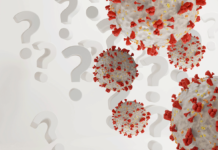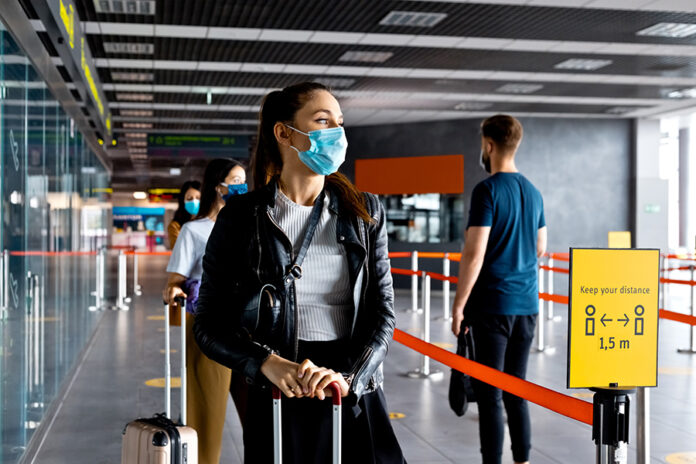
Traveling abroad has always been a complicated affair. The coronavirus pandemic has made it even more complicated and added extra steps for international travelers. One of the key prerequisites for travel is vaccination. It goes hand in hand with testing and is crucial to keep the spread of the virus in check. However, not everyone is vaccinated, and this can be the result of different reasons. Some may choose not to be vaccinated, while others may be unable to get vaccinated for medical reasons. If you are someone who is unvaccinated, here is what you can do.
Keep your distance
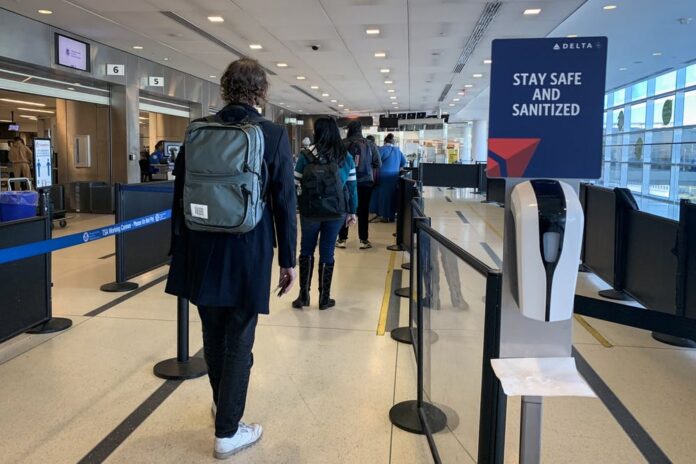
Covid-19 is a respiratory infection that spreads quite like the cold or flu. Coughing and sneezing are obvious ways it spreads but talking, and exhaling also spread the contaminated droplets. Individuals can be infected if these droplets enter their nose, mouth, or eyes. When infected droplets stay in the air for some time and airborne transmission is possible. Therefore, it is critical to follow the government’s social distancing guidelines.
Follow this check-list before you start your journey:
- Read up on the latest guidelines on how to stay safe from COVID-19 and how to prevent getting infected or spreading it to other people.
- If you have a smartphone, download and install the NHS COVID-19 app. See if there is anything relevant to your plans, and use the app to check in wherever you see official NHS COVID-19 QR code posters.
- Additionally, if you answer yes to any of the following questions, find out from the links provided above whether you need to self-isolate:
- Do you live with anyone who suspects that they might be infected with COVID-19 or know it for a fact?
- Have you been in contact with anyone who might have been infected with COVID-19, regardless of whether you live with them or not?
- Has the NHS Test and Trace Service contacted you with instructions?
If you are sure that you are not infected, you can commence your travel plans. The government’s guidelines for safe travel are extensive and cover all kinds of travel plans. So, read on to ensure that you follow all the proper safety measures and protocols.
Mask Up
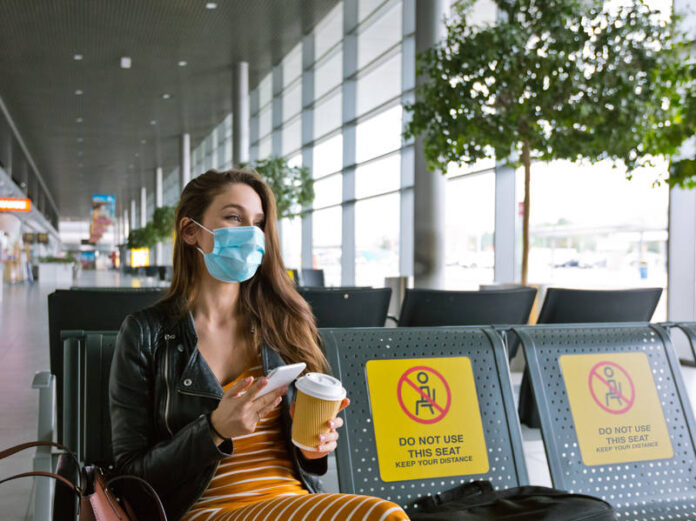
Wear a face mask in public places when other social distancing precautions are difficult to keep, particularly in locations where widespread local transmission is prevalent. Because of the transmission of the infectious Delta and Omicron variants, health authorities recommend masking up inside regions with a significant or high population spread. If you are unvaccinated, have a weaker immune system, or are at risk for serious illness, you should opt to wear a mask regardless of the amount of transmission. It is recommended that you wear a mask properly to fit around your nose and mouth and have more than a single layer for crowded places. N-95, KN-95, and KN-94 are all good masks for anyone who is traveling. A double-layered face covering will decrease your risk of contracting COVID-19 from other people or the risk of you spreading it to others, especially in enclosed spaces and when you are outside among people.
Sanitize
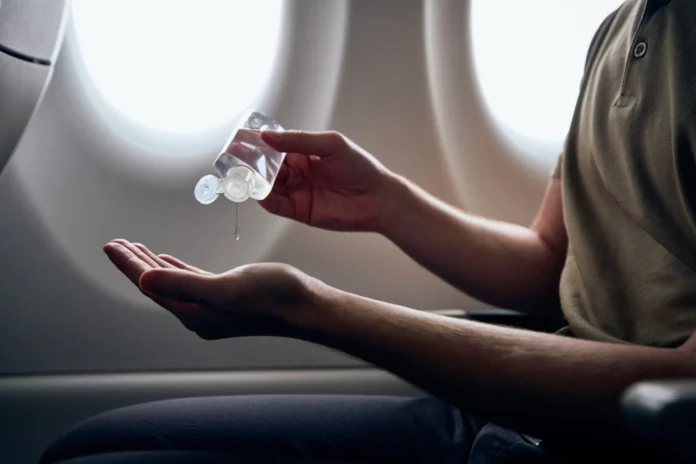
In addition to washing your hands regularly, carry a hand sanitizer with you and make sure that it isn’t near to being finished. You don’t want to run out of hand sanitizer when traveling. Preventing the transmission of coronavirus also requires thorough cleaning and disinfection of items. This includes disinfecting frequently used items like your phone/smartphone, which you use while traveling, at stores, on public transportation, and when you feel your hands aren’t clean. When possible, avoid using cash as well.
Self-Isolate Upon Arrival

If you test positive for COVID-19 during or after your travels, you have to follow certain guidelines and protocols to self-isolate. There are varying protocols for people who are not vaccinated, people who get an unclear COVID-19 test result, and people who don’t take a test after returning from abroad. The government publishes an updated page that goes over all of the requirements for anyone who might be possibly infected after returning from international travels.
Take the COVID-19 Tests
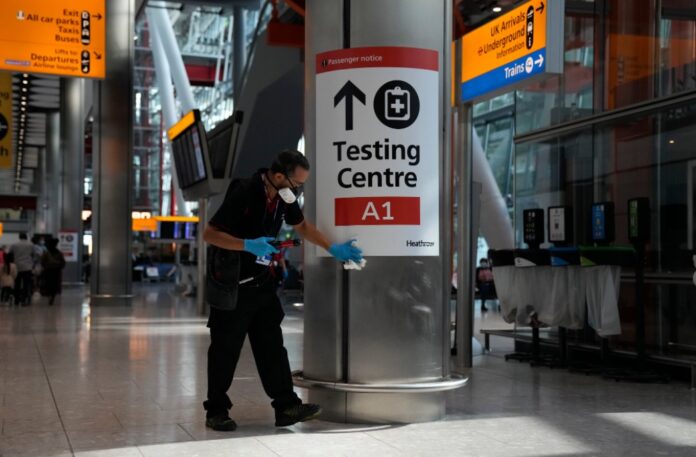
Most countries all over the world require people to either be vaccinated against COVID-19 or to submit proof of testing that shows that travelers aren’t infected with COVID-19 before being allowed entry. If you haven’t been vaccinated yet, you will probably need to get tested for COVID-19 before you will be allowed entry to your destination, especially if you’re planning to travel to a foreign country. Some countries consider a rapid antigen lateral flow test to be good enough for testing purposes. Other countries require incoming travelers to have gotten a negative result on an RT-PCR. If you get a positive result on a rapid antigen lateral flow test, you will be required (by most countries) to get a follow-up RT-PCR test and also enter quarantine for a week or two. For added protection, it is recommended that you take regular tests during your travels, even when not mandated.
Consider Vaccination
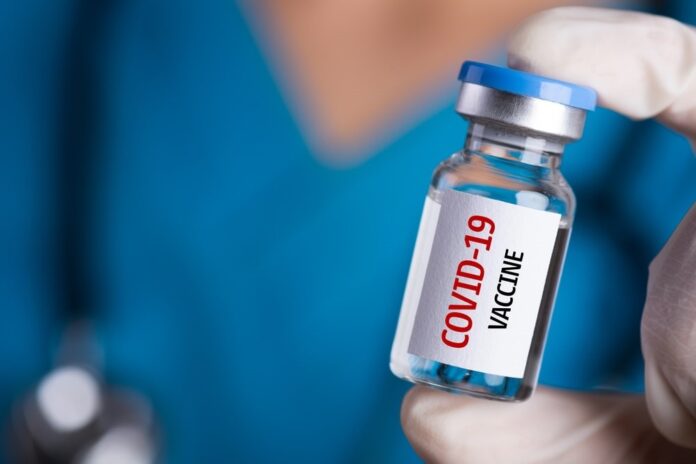
Unless you have a condition due to which you cannot be vaccinated, you should seriously consider getting the shots sooner rather than later. By now, we know more about how the Omicron variant affects people, and all indications show that the Omicron variant less severely impacts people who are vaccinated. Vaccinated people can still get infected by the Omicron variant, but the severity of their illness is much lower as compared to patients who have not been vaccinated. Booster shots are also proving to be effective at lowering the severity of the infection caused by Omicron and other variants of COVID-19.
Postpone your travel plans, if possible
With the omicron variant surging nowadays, it’s a risky time for traveling, especially for the unvaccinated and those at a high risk of getting severely ill. If you’re one of these people, you should consider putting off travel plans anywhere unless they cannot be avoided. You may like to put off your travel plans until transmission rates for COVID-19 are lower at your destination.
Visit www.iqdoctor.co.uk for coronavirus home test kits.





